Summaries of books about Biology:
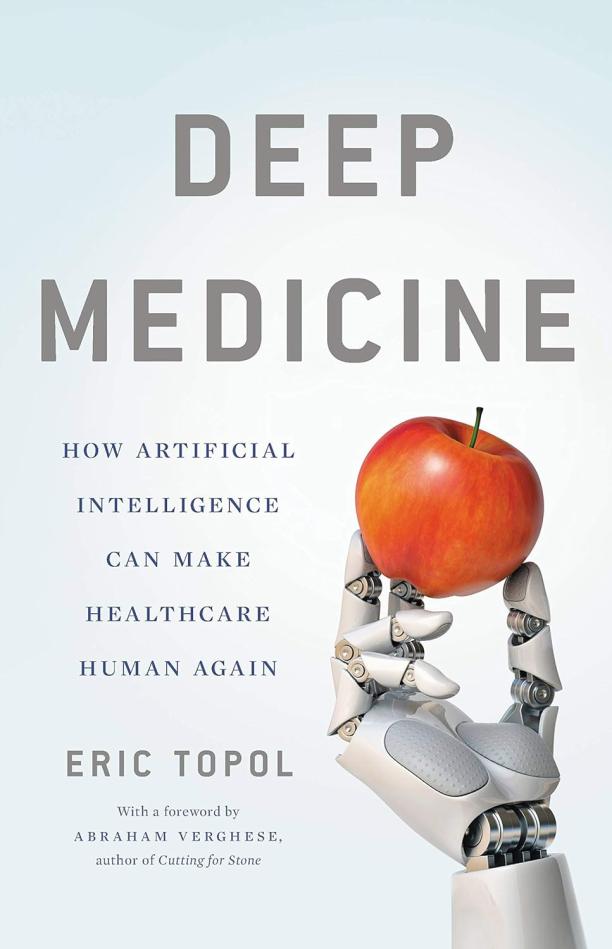
Deep Medicine
How Artificial Intelligence Can Make Healthcare Human Again
Eric Topol
The book explores the potential of artificial intelligence to revolutionize the healthcare system by analyzing vast amounts of medical data, leading to more personalized and efficient patient care. It also discusses how AI can free up physicians' time, allowing them to focus more on the human aspect of medicine and restore the doctor-patient relationship.
See full summary
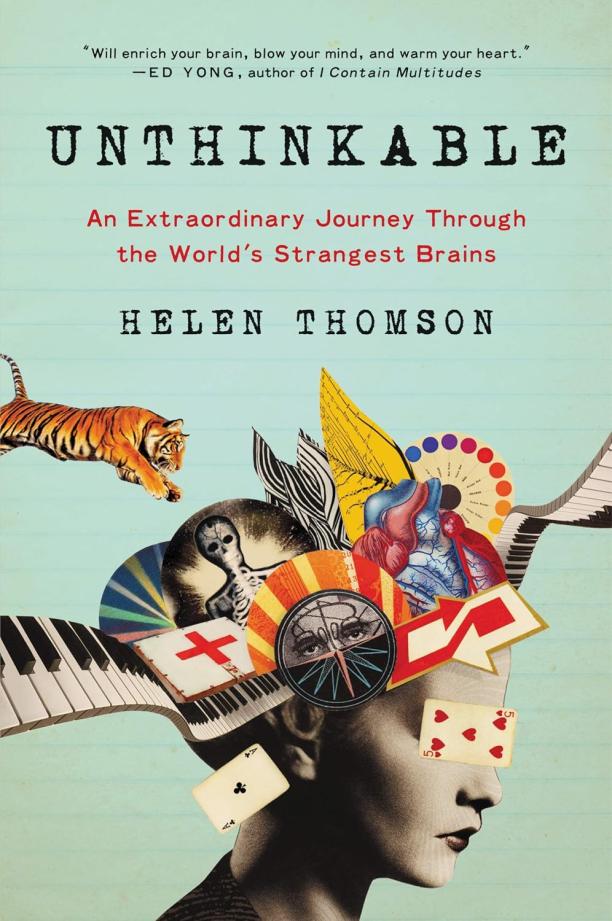
Unthinkable
An Extraordinary Journey Through the World's Strangest Brains
Helen Thomson
The book presents a collection of real-life stories about individuals with rare and extraordinary neurological conditions, exploring the unique ways their brains function. It delves into the science behind these conditions, shedding light on the vast complexities and capabilities of the human brain.
See full summary
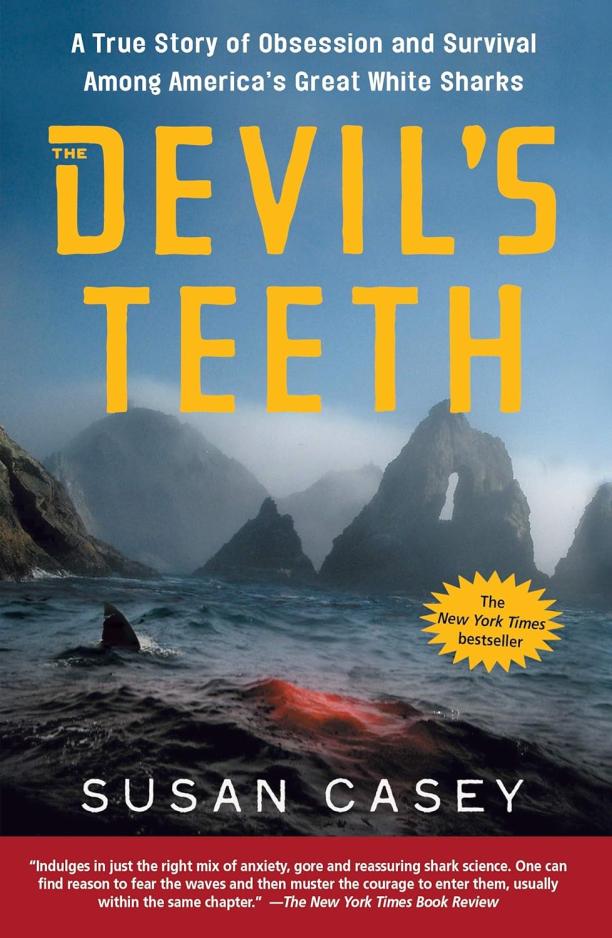
The Devil's Teeth
A True Story of Obsession and Survival Among America's Great White Sharks
Susan Casey
The book chronicles the author's experiences with the scientists studying great white sharks at the Farallon Islands, a wild and dangerous archipelago off the coast of California. It delves into the lives of these apex predators, the history of the islands, and the obsessive quest of both researchers and the author to understand these enigmatic creatures.
See full summary
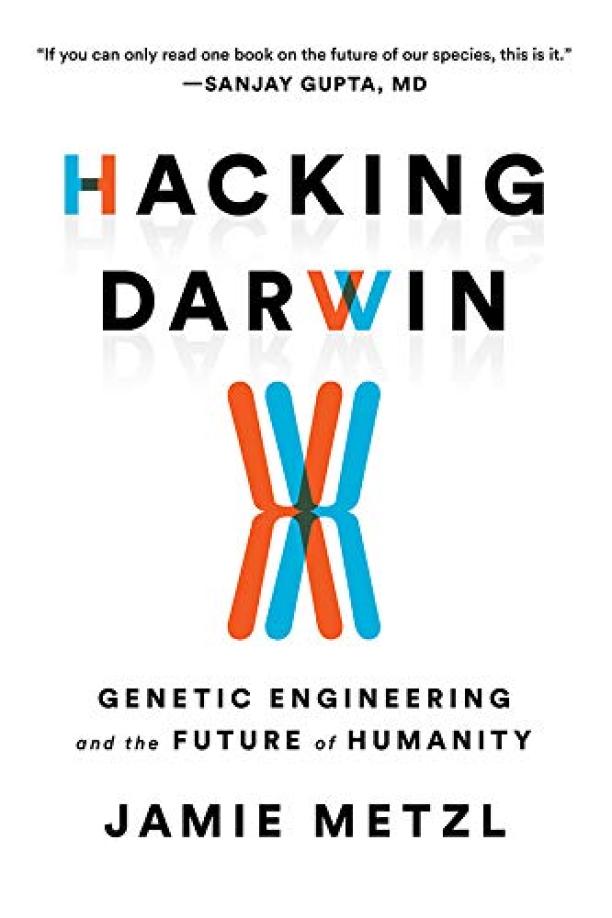
Hacking Darwin
Genetic Engineering and the Future of Humanity
Jamie Metzl
The book explores the scientific advancements in genetic engineering, particularly through CRISPR technology, and its implications for the future of human evolution. It discusses the ethical, moral, and policy issues that society must address as we gain the ability to manipulate DNA and potentially design our offspring.
See full summary
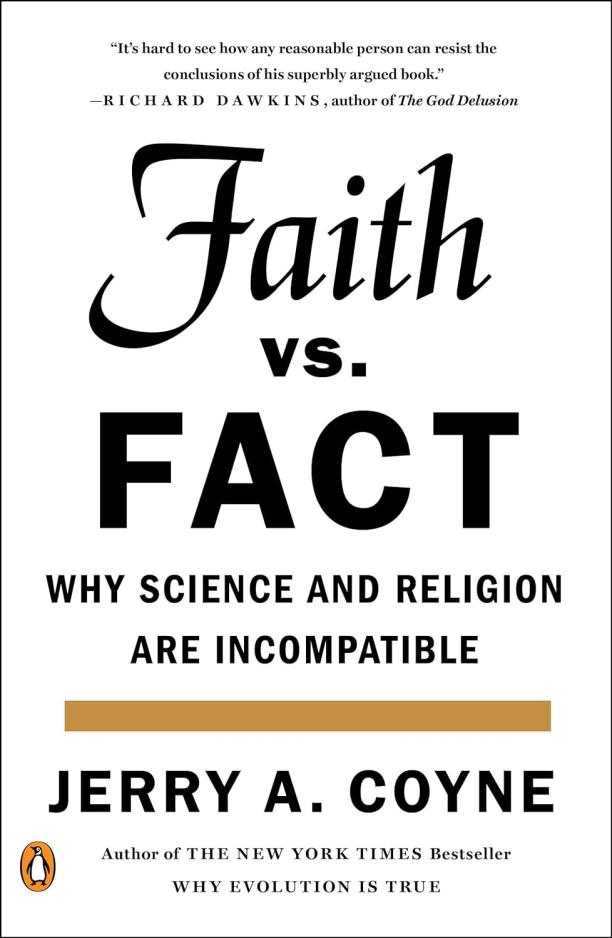
Faith Versus Fact
Why Science and Religion Are Incompatible
Jerry A. Coyne
The book argues that the methodologies and claims of science and religion are fundamentally at odds, with science relying on empirical evidence and testable hypotheses, while religion is based on faith and dogma. It contends that these differences make it impossible to reconcile the two, and that when they come into conflict, science offers a more reliable path to understanding the universe.
See full summary
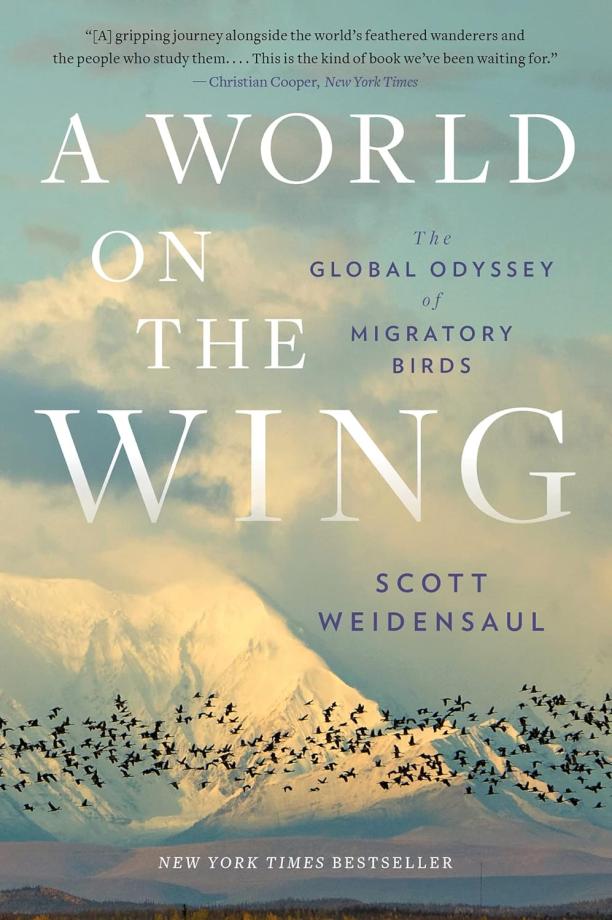
A World on the Wing
The Global Odyssey of Migratory Birds
Scott Weidensaul
The book delves into the marvels of bird migration, exploring the latest scientific discoveries that reveal the incredible endurance and navigational skills of migratory birds. It also examines the challenges these species face due to climate change, habitat loss, and human-made obstacles, highlighting conservation efforts to protect these natural phenomena.
See full summary
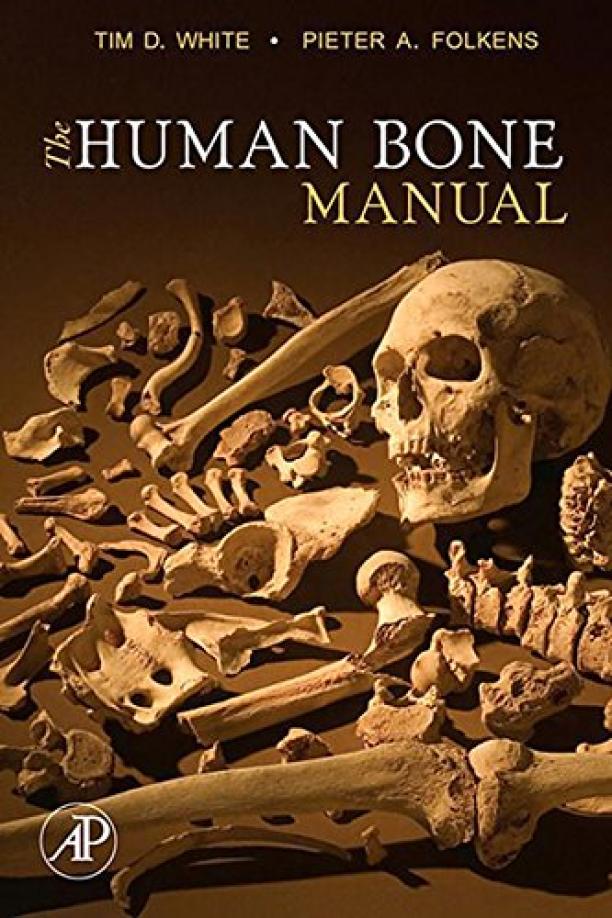
The Human Bone Manual
Tim D. White|Pieter A. Folkens
The book serves as a comprehensive guide to the identification and analysis of human skeletal remains, providing detailed information on bone biology, human osteology, and forensic anthropology. It includes illustrations, descriptions of bone morphology, and practical instructions for processing and interpreting skeletal material in archaeological, osteological, and forensic contexts.
See full summary
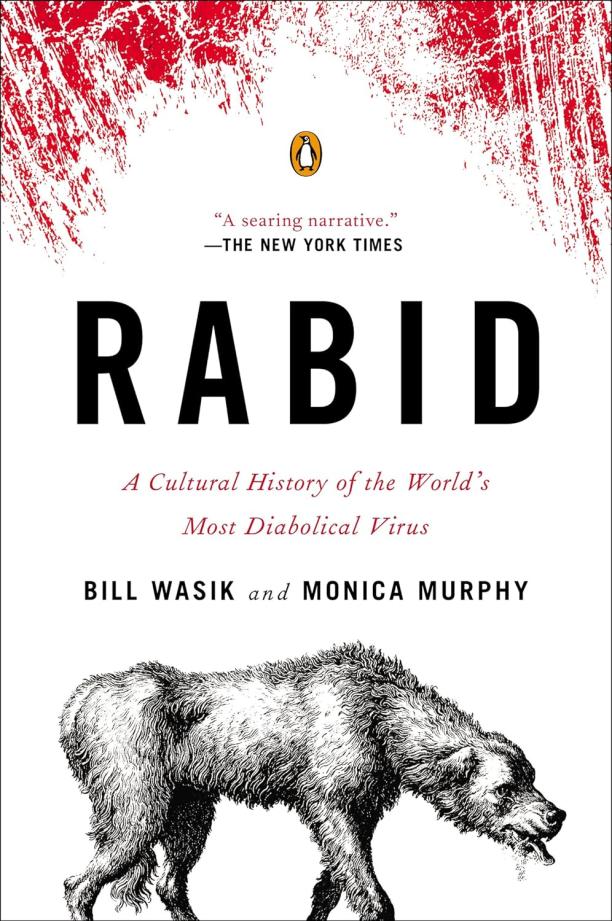
Rabid
A Cultural History of the World's Most Diabolical Virus
Bill Wasik|Monica Murphy
The book delves into the history of rabies, exploring its impact on human society, culture, and our collective fears. It examines the disease from its ancient origins to modern-day science, detailing the myths, medical advancements, and the ongoing battle against this deadly virus.
See full summary
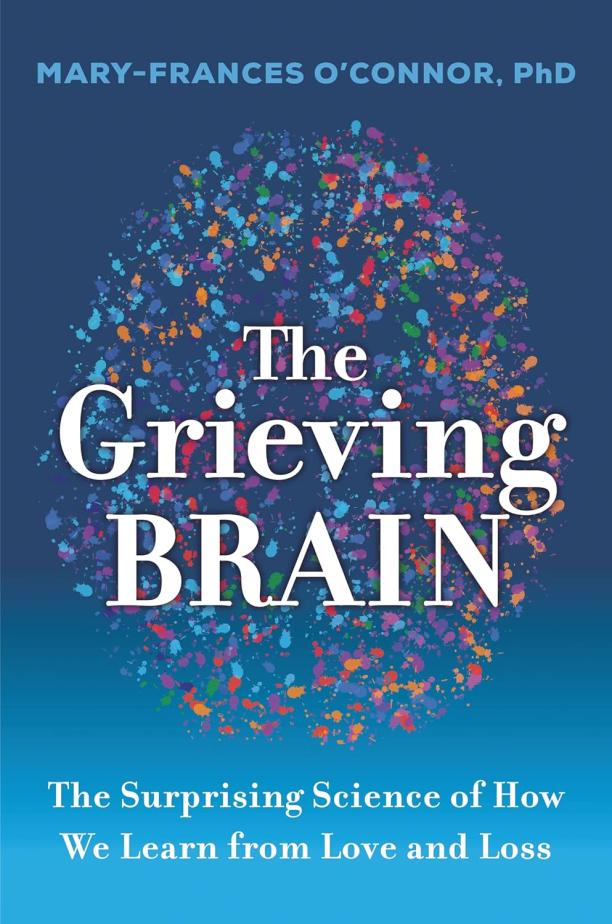
The Grieving Brain
The Surprising Science of How We Learn from Love and Loss
Mary-Frances O'Connor
The book delves into the neuroscience behind the experience of grief, exploring how the brain processes the loss of loved ones and adapts over time. It combines scientific insights with personal stories to illustrate the complex journey of healing and the transformative power of grief.
See full summary
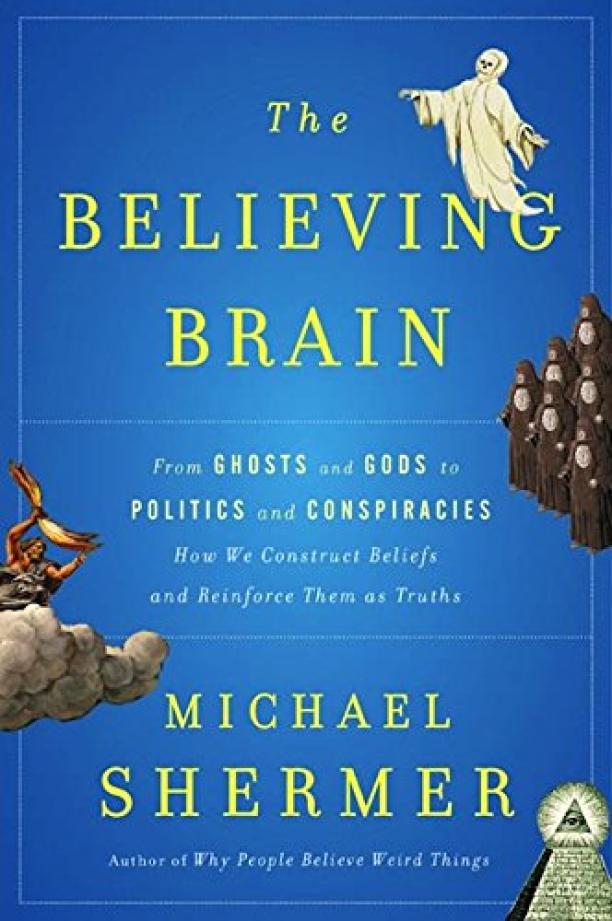
The Believing Brain
From Ghosts and Gods to Politics and Conspiracies---How We Construct Beliefs and Reinforce Them as Truths
Michael Shermer
The book explores the cognitive processes that lead humans to form beliefs, ranging from supernatural phenomena to political ideologies, and examines the mechanisms by which these beliefs are reinforced and maintained. It delves into the neuroscience and psychology behind our convictions, demonstrating how our brains are wired to find patterns, assign meanings, and defend our beliefs as truths.
See full summary